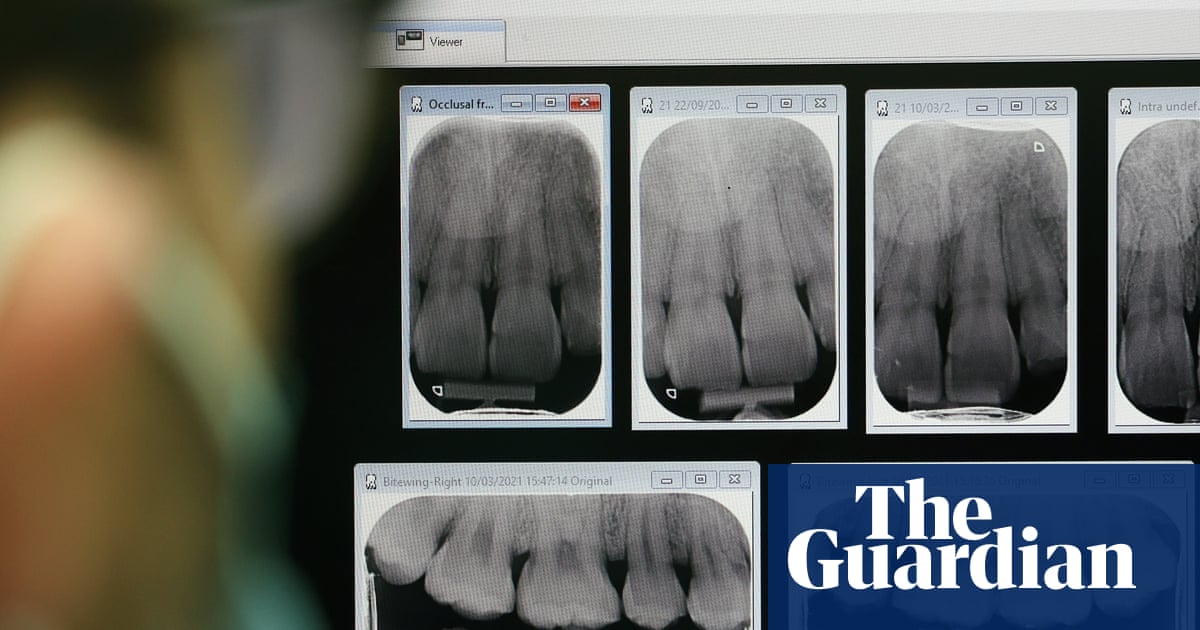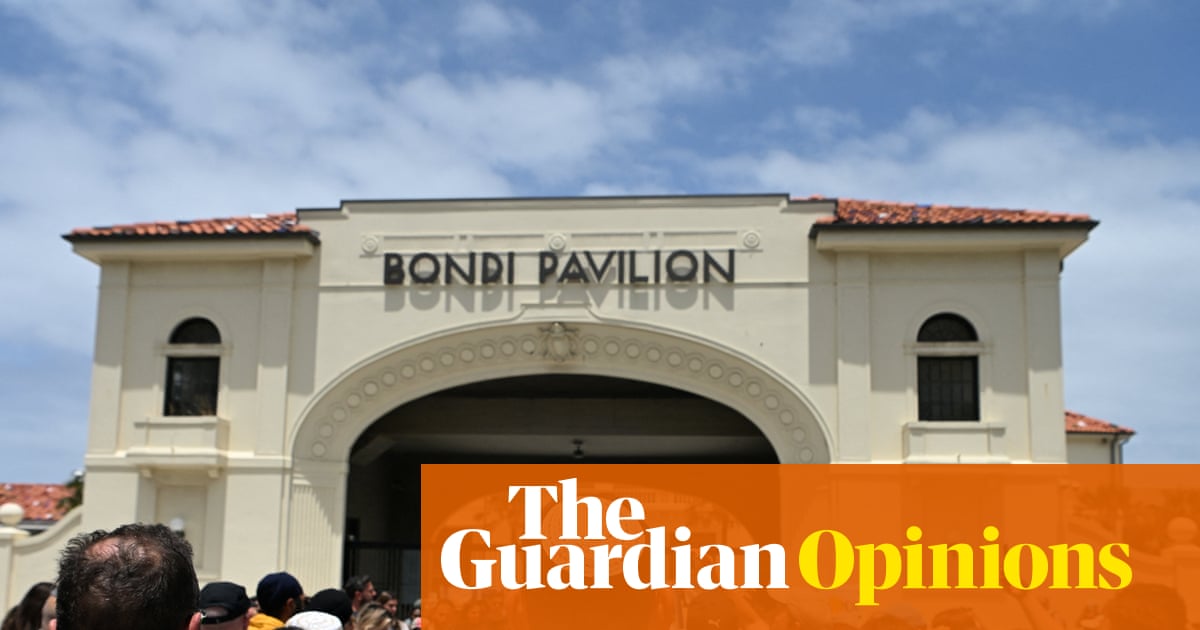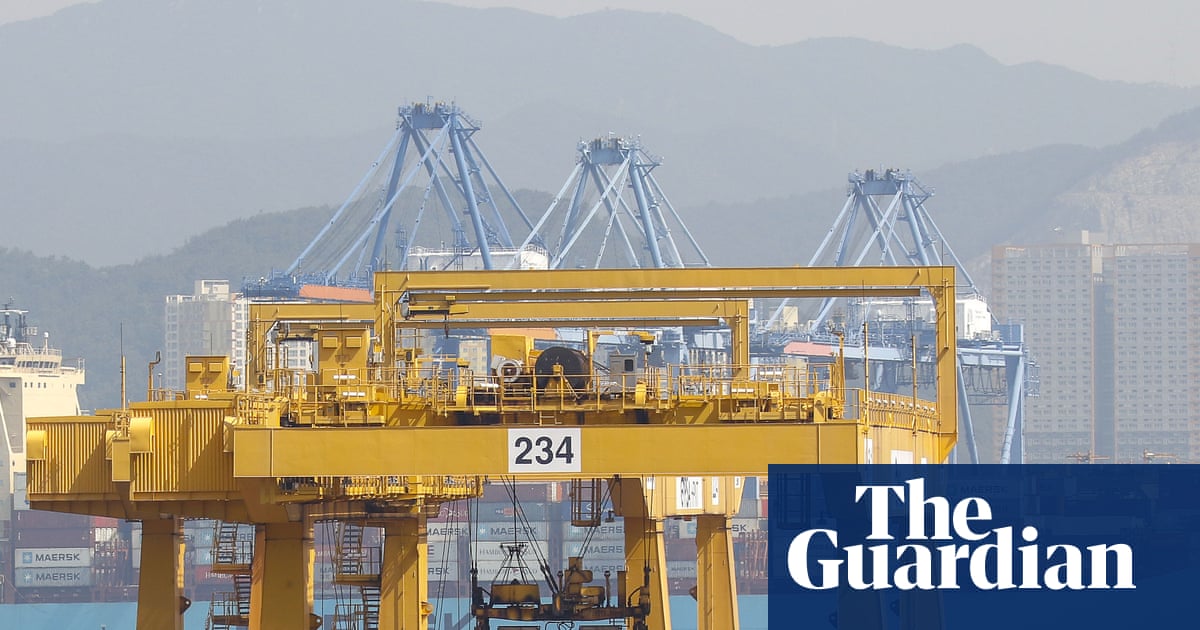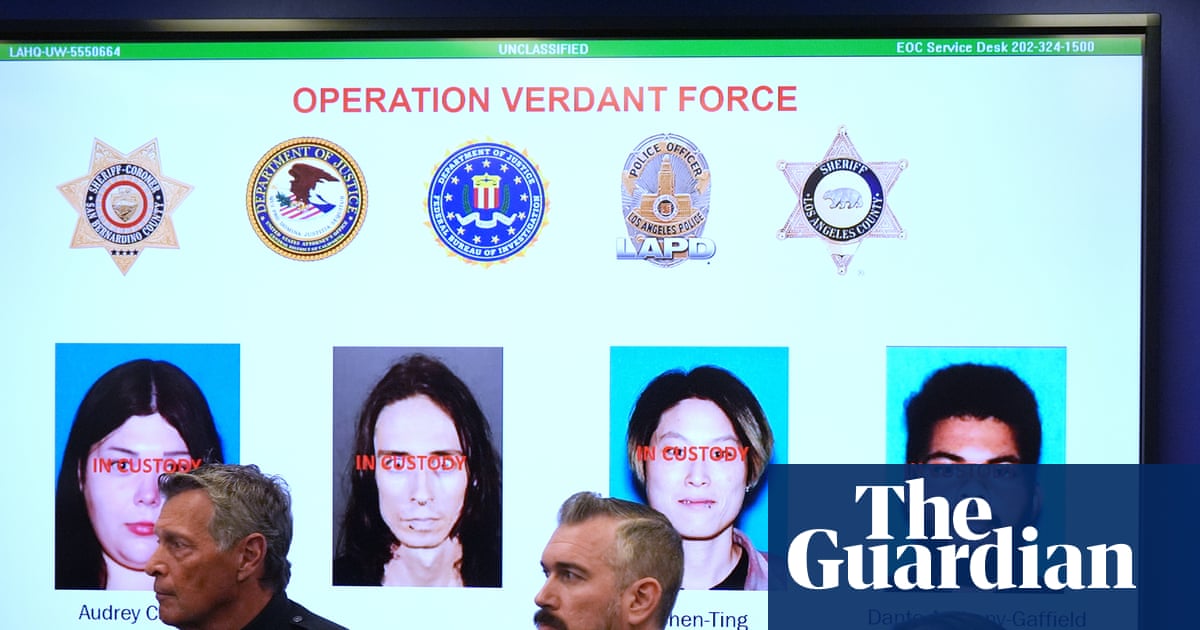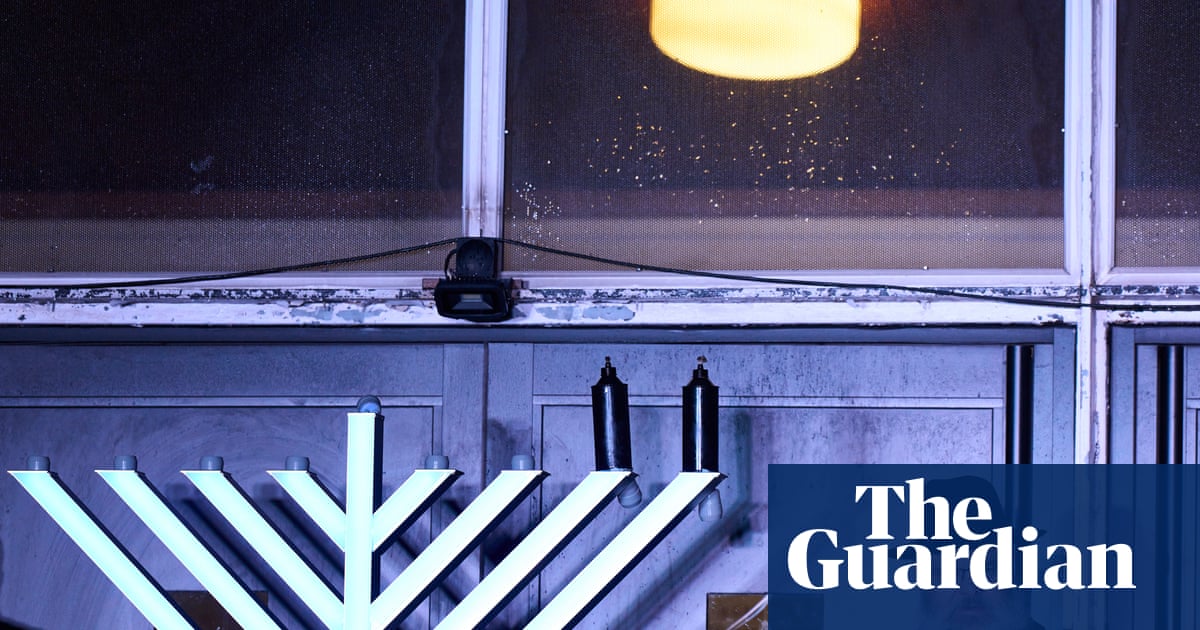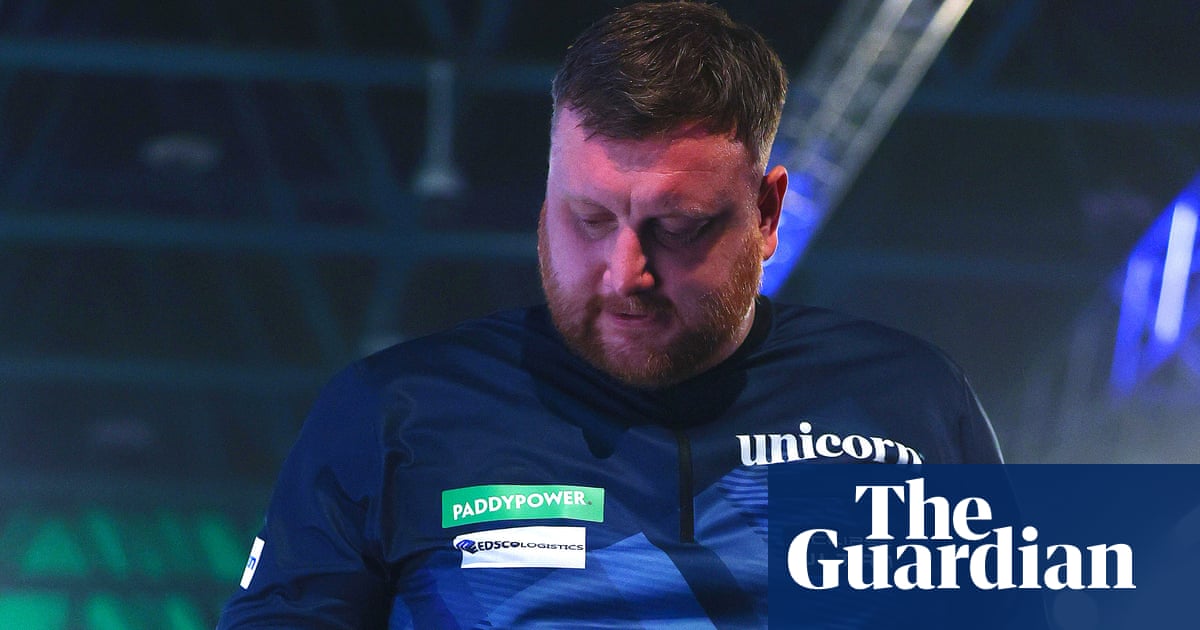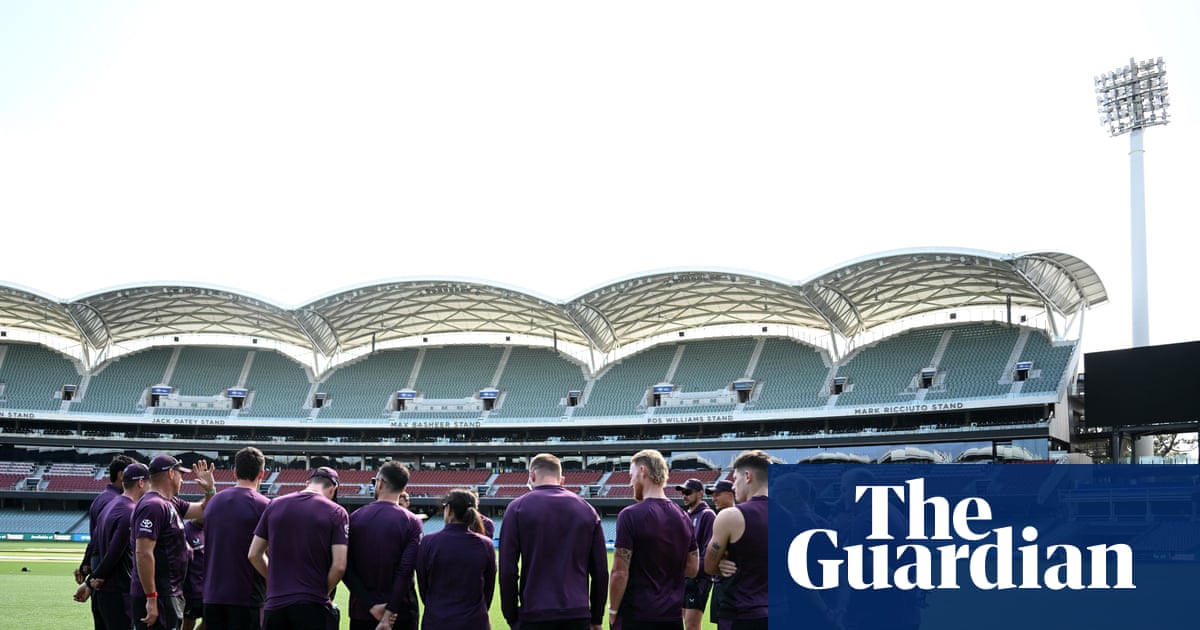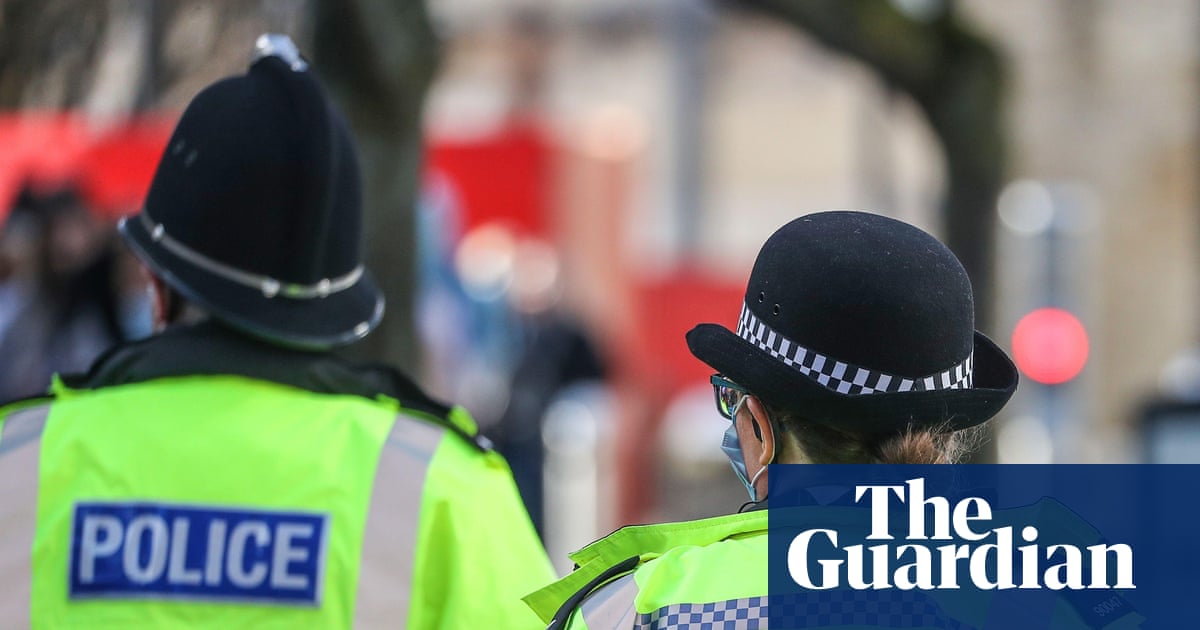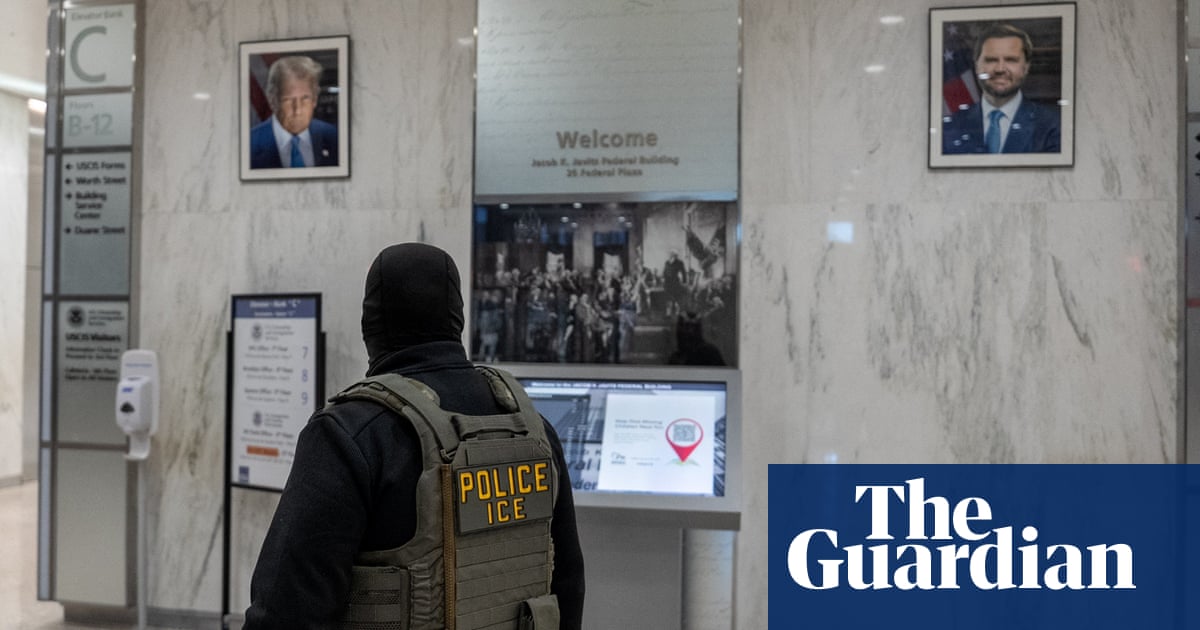For more than 11 years, I told myself it was too early to grieve. My father, Ali Mustafa, was arrested by Bashar al-Assad’s forces in Syria on 2 July 2013 and disappeared. Since that day, we have had no word, no trace, nothing.
Every morning since he was taken I made my first thought after waking up: “He is alive.” Every night I went to sleep repeating it.
My father’s arrest meant that our lives as we knew them were over as well. My family and I had to flee our country in fear for our safety, leaving him behind.
Since then I have held on to the belief that if I allowed myself to mourn his loss it would mean I had accepted he was dead. We had no way of knowing whether this was true or not; to grieve without truth felt like a betrayal. So instead of grief, there was just absence.
Years later, I learned that this is what psychologists call “ambiguous loss”. It is the most painful kind of loss because it never ends. When someone dies, there is a body, a burial, a ritual, a shared understanding that allows mourning to begin. But with the disappeared, there is nothing. No confirmation, no grave, no answers.
You are trapped in this state of psychological limbo between hope and despair, unable to fully live in either.
For all those years I really believed my father was alive. I felt it every single day. I carried his photo everywhere. I joined protests, campaigns, trials. I spoke in his name again and again.
Hope was not just an emotion – it was a duty. This is what enforced disappearance does. It does not just take our loved ones. It steals our right to mourn them. For years I lived with the responsibility of fighting for my father’s life, and for all those who have disappeared. It felt like this might be my life forever – this unending struggle to find out the truth.
Then, in December 2024, everything changed. The Assad regime finally collapsed and the prisons were opened. Thousands of families rushed to see if they would be reunited with their loved ones. I went there too, from prison to prison, to find my father but he was nowhere.
I am left with only silence. Since then I have been unable to let go.
How can I look back at the past 12 years of my life and make sense of what I went through? How can I mourn my father without seeing his body or having something tangible to say farewell to? For all those years it felt too early to grieve. Now it feels too late. That moment of farewell was stolen from us, hidden behind prison walls. The fall of the Assad regime should have brought answers but to so many families of Syria’s disappeared, it has only brought a new kind of absence.
We ask for names, for lists, for truth. We are given nothing. No answers, no records, no acknowledgment.
I find myself asking questions that never end. Was my father alive last year? Last month? Did he know we were searching for him? Did he die alone? Did anyone speak his name in those final moments?
These questions eat away at me. They stop me from letting him go and they stop me from living.
This is not only my story. It is the story of tens of thousands of families in Syria. Since 2011 there are more than 160,000 Syrians whose disappearance by the Assad regime has been documented by the Syrian Network for Human Rights, with 180,000 missing in all. Behind each one is a family stuck in the same limbo.
The first thing that the interim government in Syria must do is to end enforced disappearance and unlawful detention, and stop the sectarian violence and the divisive rhetoric that fuels it. Start focusing on achieving the truth, justice and peace that we need to move our country forward.
Through the new National Commission for the Missing, that means addressing disappearances by all parties without discrimination, protecting evidence and data, and ensuring families and survivors are not just consulted but are leading this process. Only an inclusive, independent and victim-centred commission can start to restore trust.
As for the international community: the revolution and war in Syria and then the genocide in Gaza have stripped away the last illusions about what the world will do for us. Their inaction and complicity speak for themselves.
But we must understand that our struggle does not depend on them. It depends on us – on the families who carry photos of the disappeared, on the survivors who keep telling their stories, on our refusal to forget or be silenced. Justice begins here, with our memory, our voices and our demand that the crimes never be repeated.
Until the truth of my father’s fate is known – and until every family in Syria has the same truth – grief will remain unfinished but our fight for justice will not end.
Wafa Mustafa is a human rights activist and works for the Syria Campaign. She is the daughter of Ali Mustafa, one of Syria’s disappeared

 2 months ago
103
2 months ago
103

